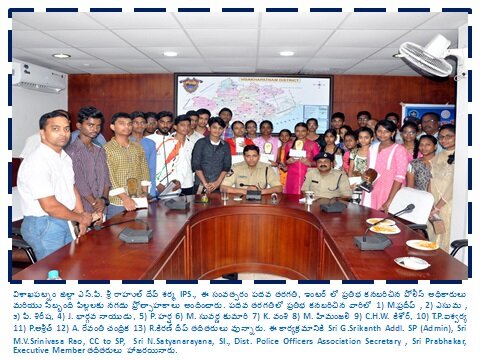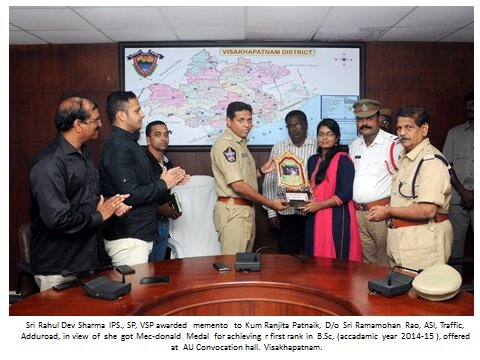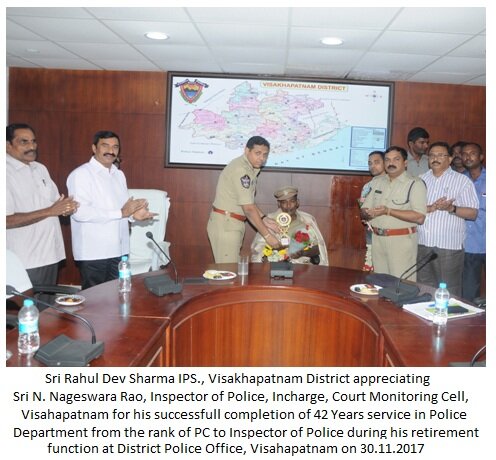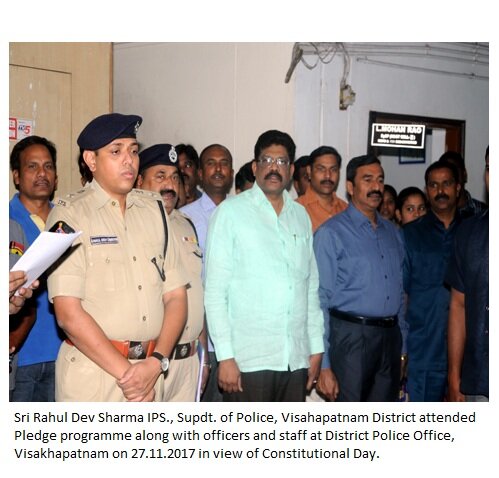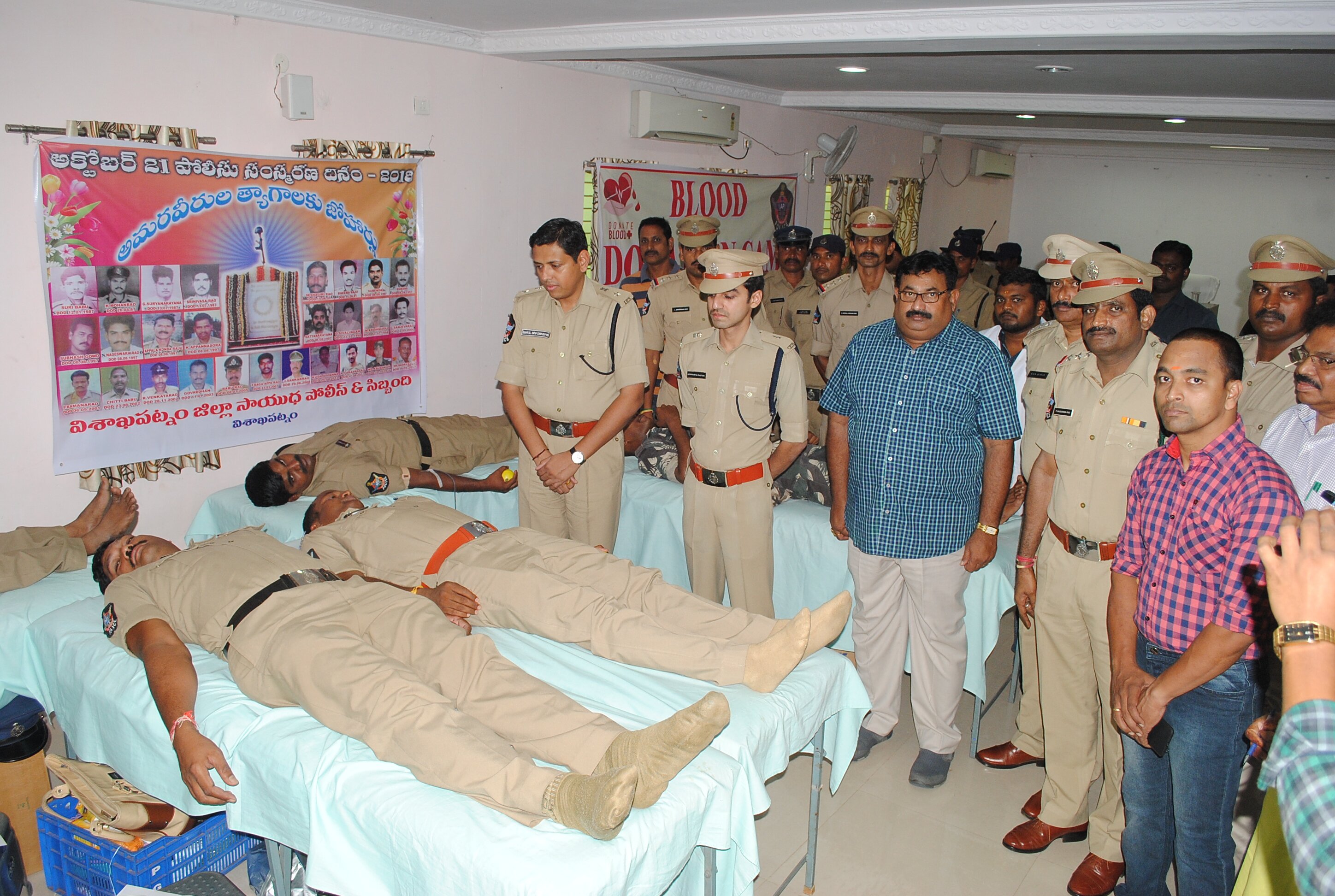Visakhapatnam District Police
Website for Echallan Payments.

Faq's / Queries
FIR stands for First Information Report. Whenever anybody reports about any crime which discloses cognizable offence then information is entered into a register. It is the right of complainant to get an FIR registered if his complaint discloses any cognizable offence. It is the right of the complainant to get one copy of FIR free of cost, immediately from concerned police station. FIR can be registered either on written statement or verbal statement of complainant.
If your complaint does not disclose any offence or your complaint discloses only non-cognizable offence, then FIR cannot be registered. In such cases where only non-cognizable offence is made out, Police officer will enter the substance of information in the general diary of Police Station and give copy of same to complainant. Another copy of complaint is sent to the concerned Judicial magistrate for further action. Police does not have powers to investigate a non-cognizable offence without the orders of the magistrate.
Cognizable offence :- An offence for which a police officer has the powers to arrest without a warrant is defined as a cognizable offence. Offences like murder, rape ,kidnapping , theft , robbery , fraud etc. are classified as cognizable.To get detailed list of cognizable offence kindly refer to first schedule of Criminal Procedure Code. Non cognizable offence :- An offence for which a police officer does not have the power to arrest the accused without warrant.To get detailed list of non-cognizable offences please refer to first schedule of Criminal Procedure Code.
Bailable Offences are those offences where the accused has the right to get himself released on bail after his arrest if he can give sureties or personal bond to the satisfaction of the police officer. For the list of bailable offences please refer to first schedule of Criminal Procedure Code. Non-bailable offences are such offences where the police does not have the power to release the arrested person on bail (except under certain special circumstances ) . The arrested person is to be produced before the judicial magistrate within 24 hours of the arrest .For the list of non-bailable offences please refer to first schedule of Criminal Procedure Code.
Yes, a police officer can arrest a person without warrant if he has been involved in any cognizable offence.
Yes, a police officer can search for the person / place without search warrant under certain conditions .
A crime case can be registered within the jurisdiction of a police station where the offence has been occurred.
Refusal to record on First Information Report on the ground that the place of crime does not full within the jurisdictions of the police station, amounts to dereliction of duty. Information about cognizable offence should be recorded and forwarded to the police station having jurisdiction.
Yes, the person giving information relating to the commission of a cognizable offence has to sign the FIR as per section 154(1) CrPC.
Yes, a copy of the FIR shall be given to the informant free of cost as per section 154(2) CrPC.
No statement made by any person to a police officer in the course of an investigation shall if reduced into writing, be signed by the person making it as per section 162 CrPC.










